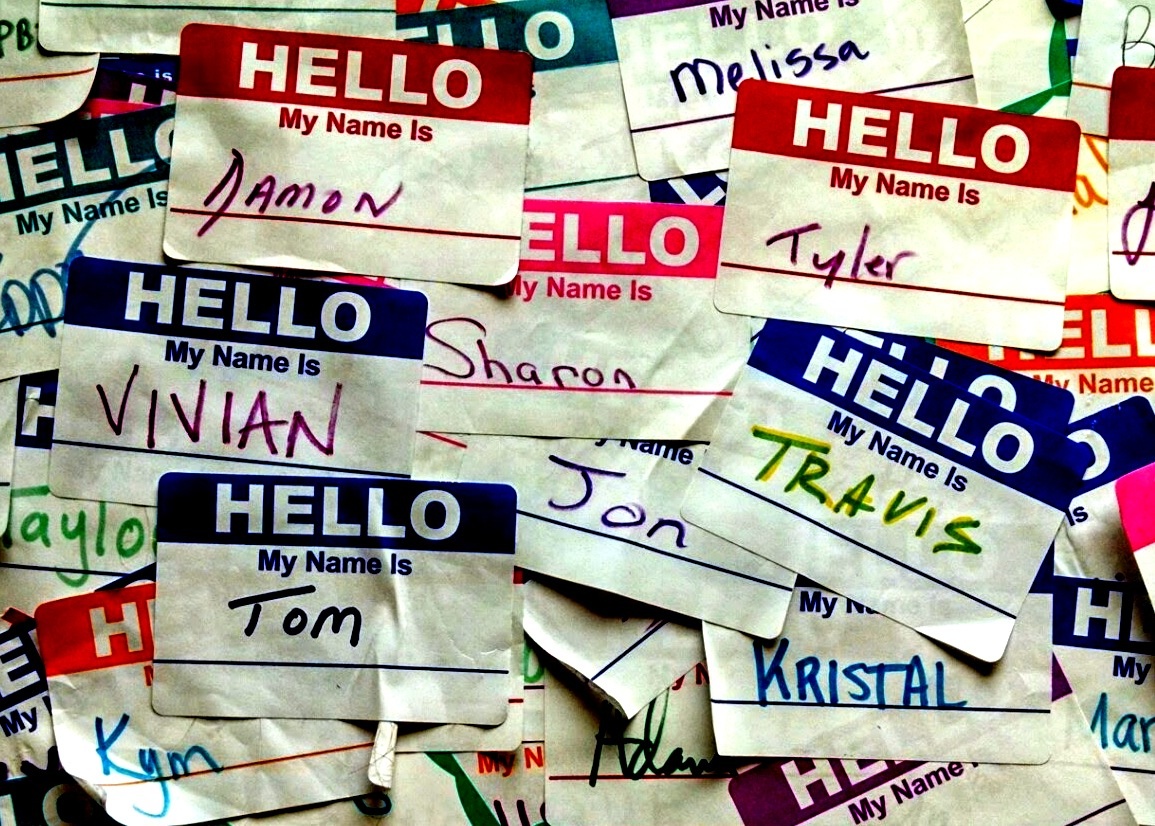 Credit to Abhi Sharma; licensed via Flickr/CC.
Credit to Abhi Sharma; licensed via Flickr/CC.
As an intern at a literary agency, I think it would be criminal not to write a post about what I’ve learned regarding the whos and the whats that are looked for by agents. A month and a half as an undergraduate intern may not have given me enough experience to do this for a living, but it has certainly taught me a bit about what agents look for in your average submission. So, to all of the authors that aspire to publish books in a non-academic setting, I present to you four aspects of a submission that an agent will likely look for, and at, right away.
1. Your Name
Of course, I don’t mean your actual name. No one is going to throw out my submission if they don’t like the name Selina. Rather, I mean your name. The more known you are, the higher the chance you have of being published. Not only will agents gravitate towards working further with you, they may approach you about a book deal before the thought of writing a book has ever crossed your mind.
This is not to say that you’re not going to get published if you’re not a somebody. But, even if you haven’t had your 15 minutes of fame just yet, sending some examples of previous work would help. Maybe you’ve never published a book, but you have published an article in the Globe and Mail or you write for a blog. Let the agent know. If someone else in the general field has liked your work, an agent may see you have potential and be more willing to work with you.
Credit to Travis Wise; licensed via Flickr/CC.
2. Your Ideas
Agents don’t just look for great content, they look for great content that both the publishers and the people will want. Regardless of whether an agent is sent a proposal or a complete novel, they will keep the same question in mind: do I want to read more? Likewise, your ideas should more or less be original. If your book has been done before, there’s a good chance your agent isn’t going to want to do it again. And believe me when I say, a good agent knows the industry well. They will know whether it’s been done.
Credit to Julian Santacruz; licensed via Flickr/CC.
3. Your Genre
Book genres are a funny thing for someone like me, who knows little about the overall market in the publishing industry. They are not, however, just a minor issue with agents. Not only do agents specifically look at the genre for personal reasons (some may not want to work with children’s books, for instance), but they also look at it from a business perspective. With some genres, there are publishing cycles. There will be no big book published for a decade, one or two big ones, and then nothing again for the next decade.
My advice for understanding this cycle in relation to your genre would be research. If your genre is small, then look into the books that have been published over the last few decades. Consider questions such as: what made them big? Why were they published at that point in time? Is my book too similar to anything that has been done previously?
For research starting places, check out Publishers Weekly and Publishers Marketplace (membership required).
Credit to Jukka Zitting; licensed via Flickr/CC.
4. Your Style
Stylistics often matter more for fiction than they do for non-fiction, but nevertheless, your writing style is important. No matter how great your ideas are, if you don’t know how to write and captivate an audience, your book probably won’t sell. Clichés, poor dialogue, and awkward shifts are far too common; avoid them! Similarly, proofread. I have yet to read a manuscript that does not contain typos or obvious grammatical errors. If there are too many, an agent may be hesitant to work with you. Genre is also a good thing to keep in mind here, because your style should pertain to your audience. If you’re writing a non-academic, non-fiction book on the government, try not to make it sound like you’re writing for an academic journal.
Credit to Bruce Guenter; licensed via Flickr/CC.
Remember – the number of authors out there is large, and publishing houses cannot work with everyone. If an agent doesn’t like your work right away, don’t be disheartened! Work with multiple agents, listen to criticism, and spend time reflecting on your writing. You may get a great book deal someday!
Special thank you to Chris, my internship advisor and a literary agent, at the McDermid Agency.
For similar articles, and more suggestions on how to impress an agent or publisher, check out Writer’s Digest or The Write Life.




